Nearshore vs Offshore Outsourcing: Which Is Right for Your Business?
As your company grows, outsourcing becomes one of the smartest ways to save money and scale operations but which type is best for your business: nearshore or offshore?
Both have their time and place, but the right fit depends on your goals, team structure, position, and need for real-time collaboration.
Let’s break it down.
What’s the Difference Between Nearshore and Offshore Outsourcing?
-
-
- Nearshore outsourcing means hiring teams in nearby countries, typically in the same or similar time zone.
Example: A U.S. company partnering with talent in Mexico or El Salvador. - Offshore outsourcing means hiring teams in distant regions, often on the other side of the world.
Example: A U.S. company outsourcing to India or the Philippines.
- Nearshore outsourcing means hiring teams in nearby countries, typically in the same or similar time zone.
-
Key Factors to Consider
Here’s how nearshore and offshore outsourcing compare:
| Feature | Nearshore (e.g. LATAM) | Offshore (e.g. India, Philippines) |
| Time Zone Compatibility | 1–3 hour difference (real-time collaboration) | 8–12 hour difference (delayed communication) |
| Language Fluency | Strong English proficiency; cultural overlap | Good proficiency, but accents and nuances may vary |
| Cost | Moderate to high savings | Maximum savings |
| Talent Pool | Skilled professionals, growing BPO markets | Very large labor pools, deep specialization |
| Ease of Onboarding | Faster ramp-up, minimal culture training | May require longer training and cultural orientation |
| Customer Experience | Natural tone, empathy, fast response times | Efficient, but may feel more scripted or distant |
| Scalability | Great for small business and agile startups | Ideal for large enterprise-level scaling |
When to Choose Nearshore Talent
Choose nearshore outsourcing when:
-
-
- You need real-time collaboration with your team (same or similar time zones).
- Communication and customer experience are mission-critical.
- You want a cultural fit that feels more like an extension of your U.S.-based team.
- You are higher customer facing roles.
-
When Offshore Talent Might Be a Better Fit
Go offshore when:
-
-
- Your business runs 24/7 and you want overnight support.
- Your project is highly repetitive or technical, and the cost is a primary driver.
- You already have experience managing distributed teams across time zones.
- You are recruiting for highly technical roles where English fluency is not needed.
-
What Do We Recommend?
At Vivaro Nearshore, we believe nearshoring is valuable for most U.S.-based businesses looking to scale while maintaining quality and alignment.
You do not need to compromise on service quality just to save money.
Our bilingual teams in El Salvador are trained to feel like a true extension of your brand—whether you need help with customer support, sales, back-office work, or something custom.
The Bottom Line
Both models have their strengths. But if you want:
-
-
- Seamless communication
- Better cultural compatibility
- Faster onboarding
- High Levels of Englihhs Fluency with Minimal accents
-
…nearshore outsourcing offers the best of both worlds—affordability and alignment.
Ready to Explore Your Options?
We’d love to learn more about your goals and walk you through how nearshoring can work for your business.


